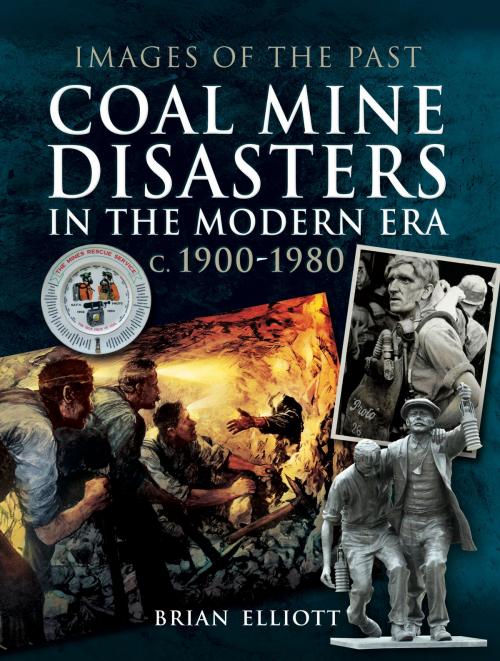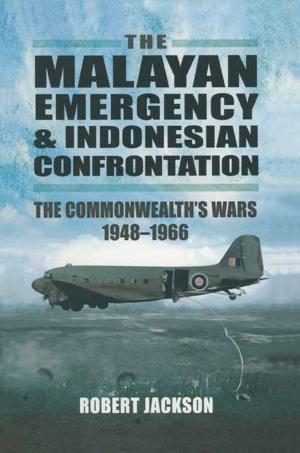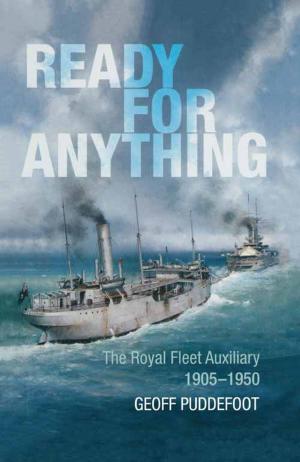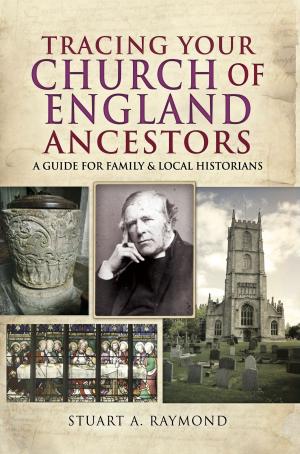Coal Mine Disasters in the Modern Era c. 1900 - 1980
Nonfiction, History, Modern, Business & Finance| Author: | Brian Elliott | ISBN: | 9781473858862 |
| Publisher: | Pen and Sword | Publication: | February 28, 2017 |
| Imprint: | Pen and Sword History | Language: | English |
| Author: | Brian Elliott |
| ISBN: | 9781473858862 |
| Publisher: | Pen and Sword |
| Publication: | February 28, 2017 |
| Imprint: | Pen and Sword History |
| Language: | English |
Mining disasters attracted the attention of the public and the press during the twentieth century, just as they had done a few generations earlier. This interest was made even more immediate and certainly more graphic through the increasing use of photographic images and film; and the impact of broadcasting via radio and, eventually, television was immense.
The disasters also demonstrated and underlined the tremendous courage that miners had for their comrades, self-less heroism evident on countless occasions.
Although everyday fatalities in mines was far greater, it was the disasters that encouraged those in power to reform the way in which miners had to work underground, especially with regard to safety. And it would be no exaggeration to say that it was the disasters that greatly contributed to bringing the coal industry into national control.
Sadly, for bereaved individuals and families, nothing could really compensate for the loss of one or more of a loved one. The impact of the big disasters, where hundreds of men and boys – one or two generations – were lost, immediately, the impact was massive, and continued to be felt many years afterwards. New and restored disaster memorials bear testimony to the great respect that former mining communities continue to have for their 'lost miners'.
Using many previously unpublished images, and a carefully supportive text, the author provides a detailed overview of mining disasters in the modern era, from the early 1900s to the 1980s. It is the first book of its kind to attempt such a large project in pictorial form – with a Foreword by Ceri Thompson, curator of the Big Pit, the Welsh national mining museum. The book is published at a particularly poignant time, after the recent closure of Britain's last deep coal mine.
Mining disasters attracted the attention of the public and the press during the twentieth century, just as they had done a few generations earlier. This interest was made even more immediate and certainly more graphic through the increasing use of photographic images and film; and the impact of broadcasting via radio and, eventually, television was immense.
The disasters also demonstrated and underlined the tremendous courage that miners had for their comrades, self-less heroism evident on countless occasions.
Although everyday fatalities in mines was far greater, it was the disasters that encouraged those in power to reform the way in which miners had to work underground, especially with regard to safety. And it would be no exaggeration to say that it was the disasters that greatly contributed to bringing the coal industry into national control.
Sadly, for bereaved individuals and families, nothing could really compensate for the loss of one or more of a loved one. The impact of the big disasters, where hundreds of men and boys – one or two generations – were lost, immediately, the impact was massive, and continued to be felt many years afterwards. New and restored disaster memorials bear testimony to the great respect that former mining communities continue to have for their 'lost miners'.
Using many previously unpublished images, and a carefully supportive text, the author provides a detailed overview of mining disasters in the modern era, from the early 1900s to the 1980s. It is the first book of its kind to attempt such a large project in pictorial form – with a Foreword by Ceri Thompson, curator of the Big Pit, the Welsh national mining museum. The book is published at a particularly poignant time, after the recent closure of Britain's last deep coal mine.















